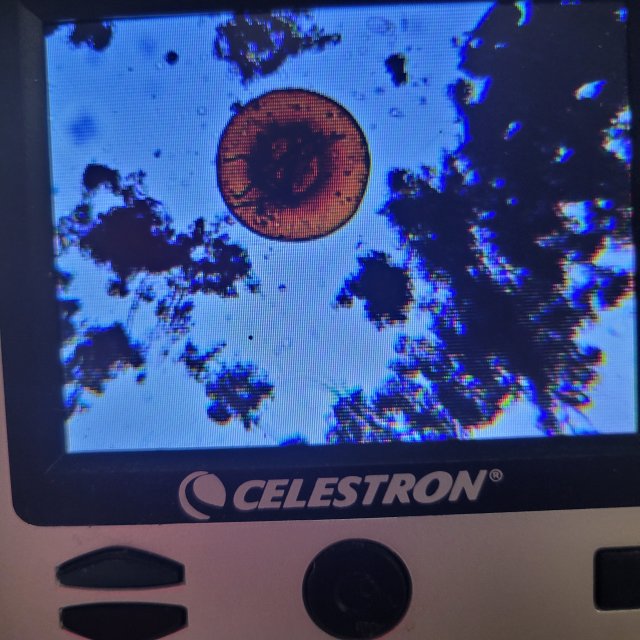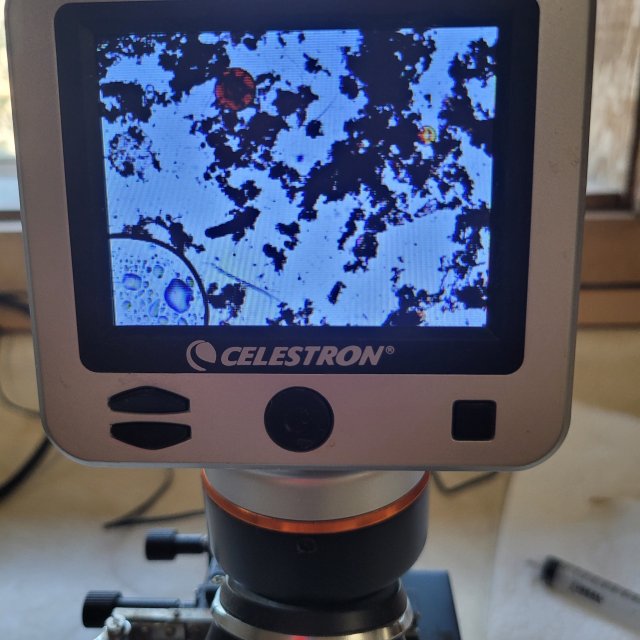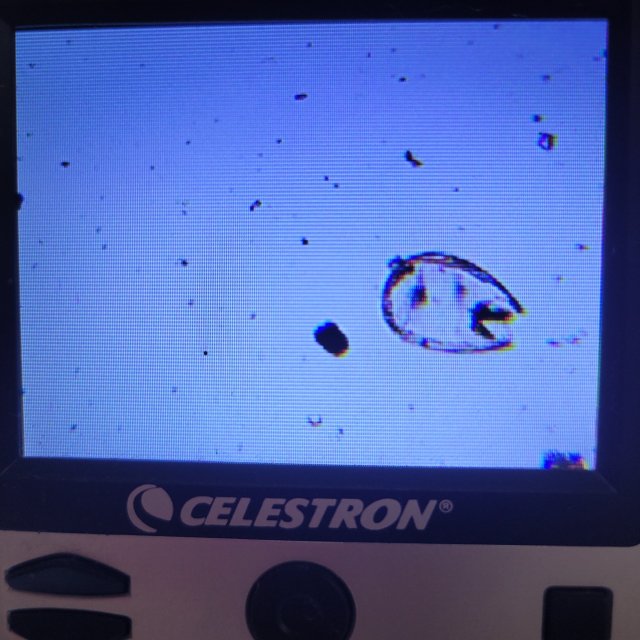Well, the pictus have ich, which means the mystus probably do too. I'm embarrassed to post about it because I'm certain it's my fault from the World's Dumbest Mistake, but advice and animal welfare are more important than my pride.
When I moved everything over from the 55, I noted that most of my lights were no longer a fit. I assumed my filtration was fine since I had 2 filters rated for 55 gallons each. I did not consider my heater, nor did I get a new thermometer - so I first stressed the Crime Fish and then chilled them.
Friends, I have 2 degrees in animal science (including 1 from UC Davis, one of the top animal science schools in the world), I was an ER vet tech for 12 years, and I've been an animal care professional for my entire adult life - but I'm starting to suspect that I'm too dumb to keep fish.
I just got home from my local pet store. My favorite LFS is kind of far away, but the pet store's Resident Fish Nerd was in and he did his best to help me (the biggest help was telling me that they price match Amazon, so I ended up saving as much as I spent!)
Resident Fish Nerd was aware of the concerns about meds with catfish, but didn't have any firsthand experience treating them. So I ended up with a 300w heater and API Super Ick Cure - the other med option was Seachem Paraguard, but the API product has instructions for half-dosing on the bottle so I went with that.
I am about to add the new heater first, and then I'll wait a little bit to add the Super Ick Cure to see if anyone here wants to weigh in - I'm scared! I know the Crime Fish need help, but I don't want to kill them with meds
Help?
First and foremost, outside of laboratory conditions or using a closed-loop pure distilled water & remineralization system, it's practically impossible for the home hobbyist to prevent ich or any other bacterial disease from ever appearing. Most common diseases will always have the opportunity to be present in your water even if you use UV lights 100% of the time. Keeping fish is "difficult" for the simple fact that too many people try to do things too fast; remember these are aquatic lifeforms that we are putting in "glass cages" on land. In the wild the ecosystem they live in already provides the natural checks & balances + space to ensure living creatures can move if their current space is not suited for them. For the home hobbyist this mainly revovles around having a well-aged biological filter as this will typically be the home for everything microscopic related (a well-aged biological filter will have brown bio-film and smell very "earthy". Do not confuse the brown stuff on mechanical filteration as bio-film as it's typically poop/algae unless you never change it). Thus, the only way to keep healthy fish is time and careful planning; now onto the treatment.
1) Make sure you are dealing with ich. Epistylis is another common illness that people confuse ich with but there are several easily identifiable traits that can help you identify:
- Ich's spots will be uniform in size, pure white, and all over the body BUT rarely on the eyes
- Epistylis's spot will be of various sizes, greyish-white, and all over the body AND commonly on the eyes
NOTE: IT IS POSSIBLE FOR BOTH ICH AND EPISTYLIS TO OCCUR AT THE SAME TIME.
2) If you have ich:
For a medicine route:
- Do not raise the temperature to 80F or above. While this will speed up the life cycle of ich unless your filter is already well-establish (in which case you shouldn't have an outbreak in the first place typically) it will not provide any significant help in the treatment (unless you are using pure formalin but this can be toxic at higher temps). Lower temperatures = more dissolved oxygen which is extremely important for stressed out & sick fish when the treatment does not require higher temps.
- Formalin and malachite green medication ("Super Ick Cure" is mostly malachite green) are the best at treating ich and both together provides the best results since they seem to target slightly different parts of the lifestages of the disease. You may want to return the Super Ick Cure and get Ich-X as it has both medications present if you're in a rush to treat your fish.
- The lifecycle of ich is: trophonts (white cyst on fish)-> tomont (fallen cyst, theronts are being produced & cell wall will eventually "explode") -> free-floating theronts (infective parasite) -> repeat
- Formalin kills tomonts and theronts while malachite green kills trophonts and tomont.
- Both formalin and malachite green work better at lower temperatures (your biological filter will process it slower allowing for the treatment to stay longer in the water longer). In your case try to hold 70F if your fish will tolerate it, if not just go to around 73-74F.
- malachite green dyes your water blue but activated carbon will clear it up if you stick with "Super Ick Cure" and follow the instructions. If there is still a bluish tint do another water change.
- Both medications are known to be toxic at high concentrations and higher temps so follow your medication's instruction
For non-medicated routes:
UV:
- Install a UV steralization unit (expensive but more is better since more contact = more "filtering") and continue as usual
Water Changes
-Not viable if you're performing a fish-in cycle of your aquarium since it will significantly delay the development of beneficial bacteria
- Do 80-100% water changes every 12 hours @ 78+F for best result otherwise every 24hrs
- This works by accelerating the life cycle of the parasites to the theront stage and while they are still free-floating in the substrate you simply suck them out of your tank. Mathematically this treatment works and should remove all parasites within 1-2 weeks depending on how severe your tank is infected.
Salt:
- Inrease temperatures to above 80F slowly to the highest temp your fish can survive (typically around 85-88F for tropical species)
- Keep aeration extremely high.
- Unfortunately for the dosage you'll have to use other online resources as I've never treated with salt before.
IMO salt treatments are not an effective treatment for the disease as it is effectively attempting to disrupt the osmoregulation of the parasite. However, for this to properly occur you would need an insanely high PPM of salt to guarentee the disease is wiped out which will in turn also affect your fish. Daily large water changes or hooking up a UV unit would be more effective and likely less stresful or your fish if you don't want to use medication. IMO the reason salt treatments work for most people is simply because their biological filteration eventually ate up all the free-floating theronts.
3) If you have epistylis treat with medicated food & lower aquarium temperature to 70F if your fish will tolerate it, if not just go to around 73-74F
- medicate your food with Kanaplex or Maracyn 2 at 1-5% of the total food's mass in grams for easier calculations (e.g. for 100g of fish food use 1-5g of Kanaplex or Maracyn 2).
- If you're worried you have both epistylis treat ich following the instructions above.
HTH
Last edited:









